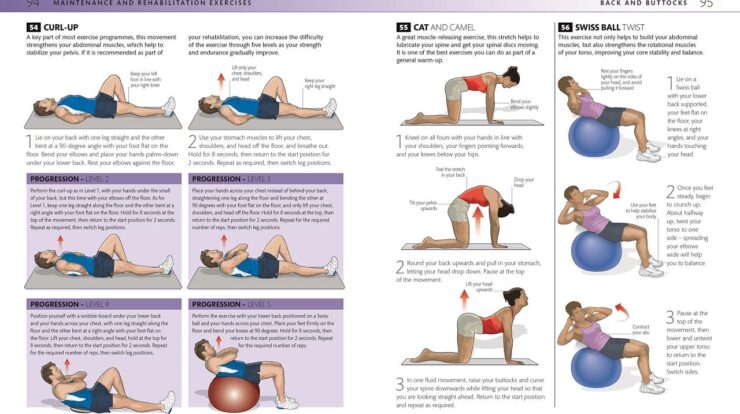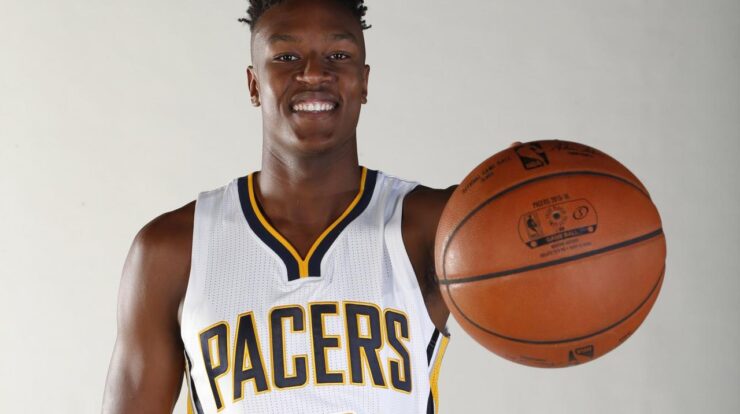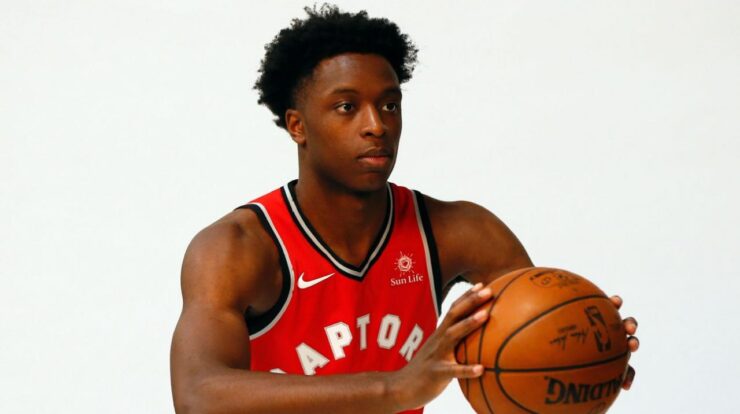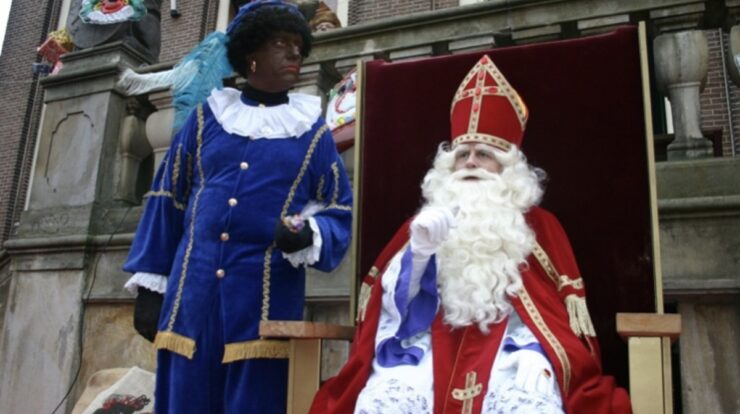
Immerse yourself in the vibrant tapestry of Netherlands holidays, where ancient traditions, festive revelry, and cultural heritage intertwine to create a captivating spectacle. From the iconic King’s Day to the cozy Sinterklaas, each holiday holds a unique charm and significance, offering a glimpse into the rich history and vibrant spirit of the Dutch people.
As we delve into the heart of these cherished celebrations, we’ll explore their historical roots, unravel their cultural significance, and uncover the festive activities that bring communities together in a kaleidoscope of joy and merriment.
Netherlands Holidays
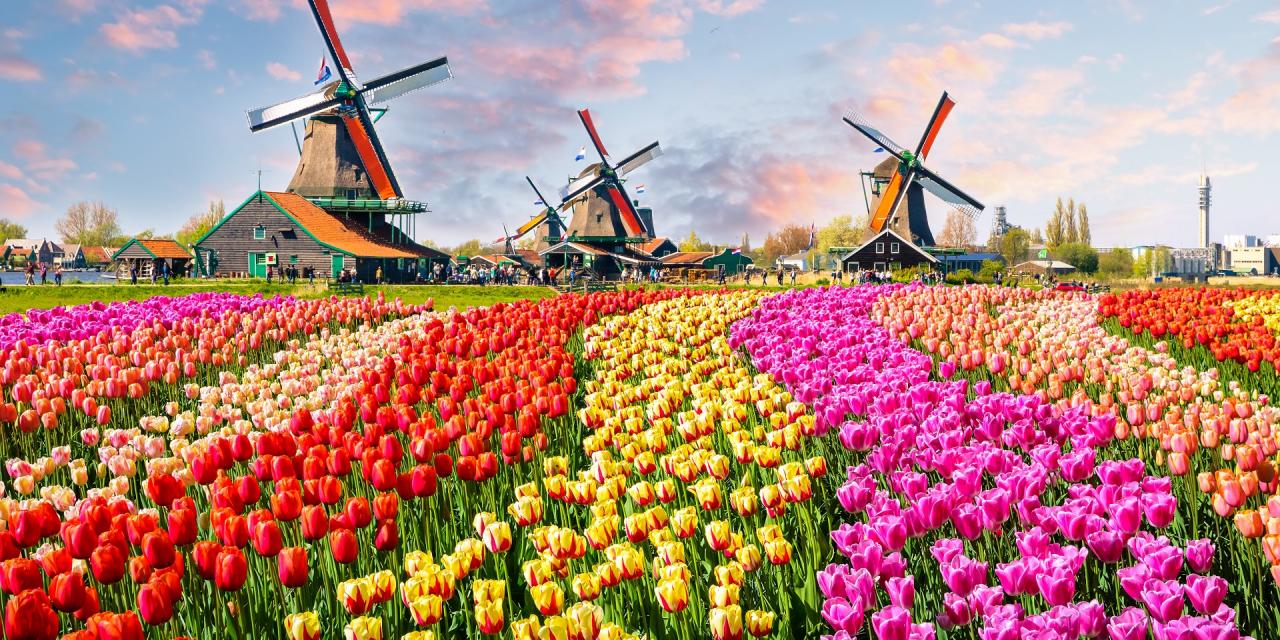
The Netherlands celebrates a diverse array of holidays that reflect its rich history, cultural traditions, and festive spirit. From national holidays to religious festivals and local customs, these occasions provide opportunities for celebration, reflection, and community gatherings.
Popular Holidays in the Netherlands
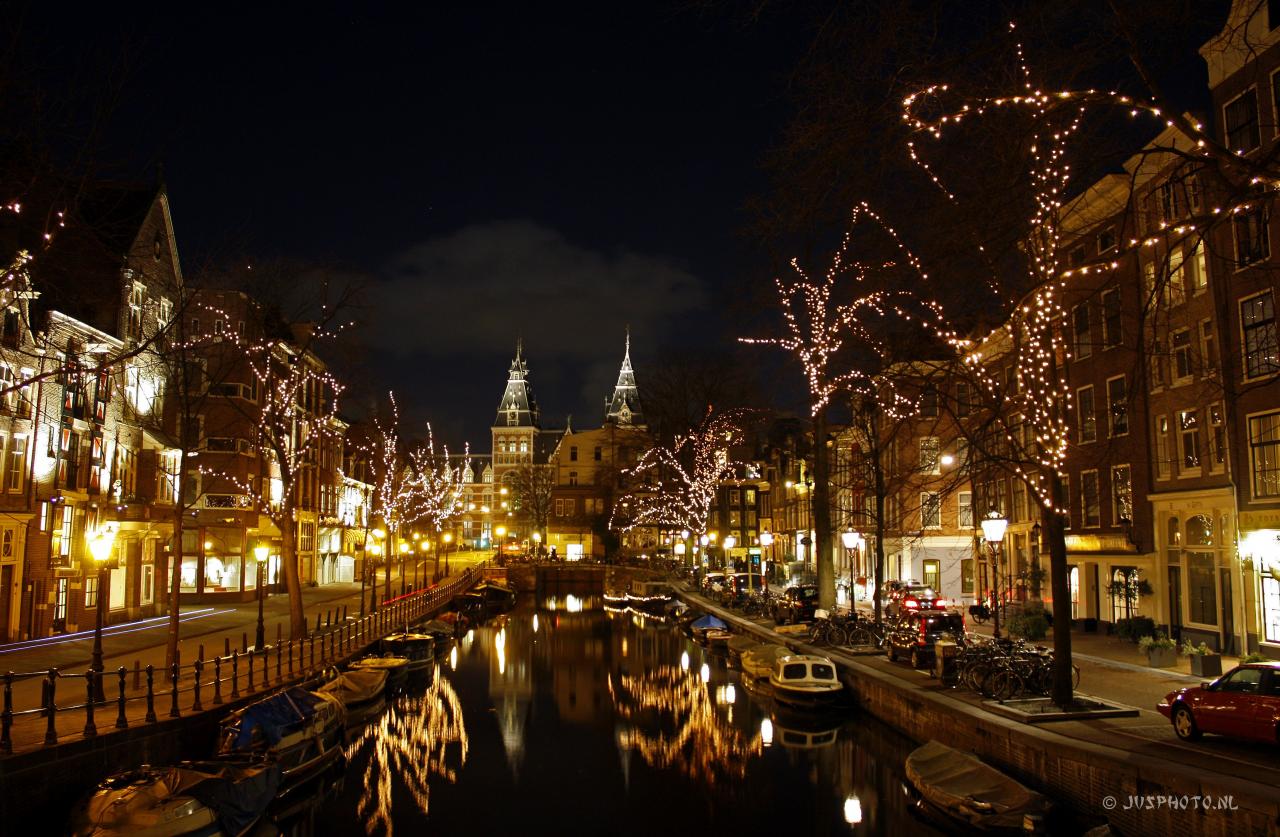
Some of the most celebrated holidays in the Netherlands include:
- New Year’s Day(January 1): Celebrated with fireworks, parties, and traditional dishes.
- King’s Day(April 27): A national holiday honoring the Dutch monarch, marked by orange-themed festivities, markets, and music.
- Liberation Day(May 5): Commemorates the liberation of the Netherlands from Nazi occupation in 1945.
- Ascension Day(40 days after Easter): A Christian holiday commemorating the ascension of Jesus Christ.
- Pentecost(50 days after Easter): Another Christian holiday celebrating the descent of the Holy Spirit.
- Christmas Day(December 25): A religious and cultural holiday marked by gift-giving, family gatherings, and festive decorations.
Cultural Traditions and Customs
Dutch holidays are steeped in unique cultural traditions and customs that have evolved over time. These traditions include:
- Sinterklaas: A legendary figure similar to Santa Claus, who brings gifts to children on December 5.
- Carnival: A pre-Lenten celebration featuring parades, costumes, and music.
- Easter Egg Rolling: A traditional game played on Easter Sunday, where decorated eggs are rolled down a hill.
- Oliebollen: A traditional Dutch pastry eaten on New Year’s Eve.
Festive Activities and Celebrations
Dutch holidays are known for their lively festive activities and celebrations, including:
- Parades: Elaborate parades featuring floats, costumes, and music.
- Concerts and Music Festivals: Live music performances and festivals featuring traditional and contemporary music.
- Fireworks: Spectacular fireworks displays, especially on New Year’s Eve and King’s Day.
- Traditional Games: Games such as egg rolling, sack races, and wooden shoe races.
Economic and Social Impact
Holidays in the Netherlands have a significant economic and social impact:
- Tourism: Holidays attract tourists from around the world, boosting the tourism industry.
- Retail: Holidays stimulate retail spending, particularly during gift-giving occasions.
- Community Spirit: Holidays foster a sense of community and togetherness, bringing people together for celebrations.
Historical Significance
Dutch holidays have deep historical roots, tracing back to ancient traditions and religious festivals. Some holidays commemorate important events in Dutch history, such as:
- Liberation Day: Celebrates the liberation of the Netherlands from Nazi occupation in 1945.
- Prince’s Day: Marks the opening of the parliamentary year and the speech from the throne.
Regional Variations
Holiday celebrations in the Netherlands vary regionally, with each region having its own unique customs and traditions:
- Friesland: Known for its traditional skating races on frozen canals.
- Groningen: Hosts the annual Noorderzon Performing Arts Festival.
- Limburg: Celebrates Carnival with elaborate parades and costumes.
Modern Adaptations, Netherlands holidays
Dutch holidays have adapted to modern times, influenced by technology, globalization, and changing societal norms:
- Social Media: Holidays are now widely celebrated on social media, with people sharing photos and messages.
- Virtual Events: During the COVID-19 pandemic, many holidays were celebrated virtually, with online parades and concerts.
Comparisons to Other Cultures
Dutch holidays share similarities and differences with holidays celebrated in other cultures:
- Christmas: Celebrated in many cultures, but with unique Dutch traditions such as Sinterklaas.
- Carnival: Similar to celebrations in other European countries, but with its own distinctive Dutch character.
Outcome Summary
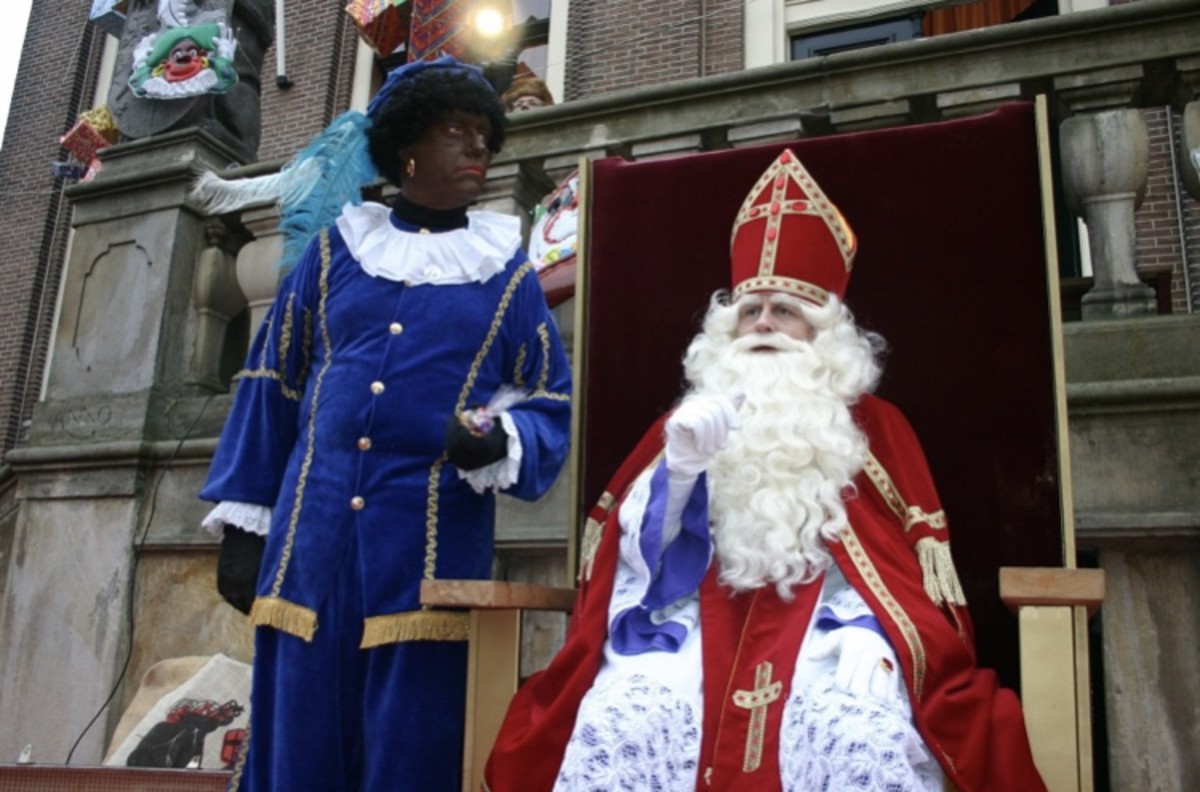
Netherlands holidays stand as a testament to the enduring spirit of the Dutch people, a vibrant blend of tradition and modernity. Through their festive activities, cultural customs, and historical significance, these holidays not only enrich the lives of the Dutch but also captivate visitors from around the world.
As we bid farewell to this exploration, may the memories of these extraordinary celebrations continue to inspire and enchant us, reminding us of the power of tradition and the enduring bonds that unite communities.
General Inquiries: Netherlands Holidays
What is the most popular holiday in the Netherlands?
King’s Day, celebrated on April 27th, is the most widely celebrated holiday in the Netherlands.
What is the significance of Sinterklaas?
Sinterklaas is the Dutch version of Santa Claus, and his arrival on a steamboat from Spain on December 5th marks the beginning of the festive season in the Netherlands.
How do the Dutch celebrate New Year’s Eve?
New Year’s Eve in the Netherlands is a time for fireworks, oliebollen (traditional Dutch doughnuts), and watching the annual New Year’s Eve speech by the King.

